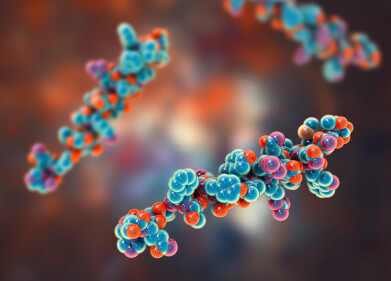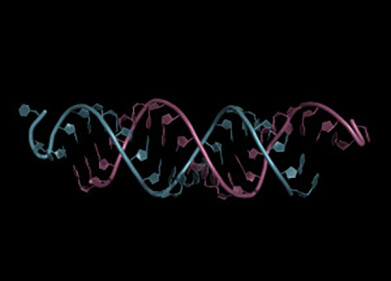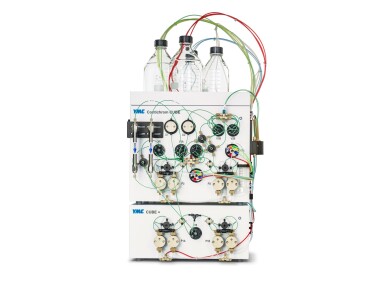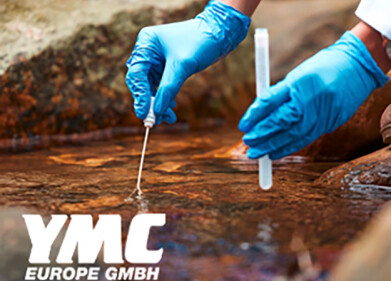Liquid Chromatography
Chromatography Identifies a COVID-19 Inhibitor
Sep 07 2020
The ongoing coronavirus disease 2019 (Covid-19) pandemic has changed the way we live life in 2020. The severe acute respiratory syndrome coronavirus 2 (SARS-CoV-2) has caused millions of infections and resulted in over 500,000 worldwide deaths, according to figures from the World Health Organization in August 2020. The symptoms of Covid-19 vary widely from person to person. Some are asymptomatic and show no trace of infection, for others the infection results in a ‘flu-like’ infection, for some the disease has been deadly.
Researchers are searching for a vaccine and a cure. Emergency treatment using existing antiviral drugs has helped a few patients, but a safe and effective antiviral drug to use against SARS-CoV-2 is needed. There have been several papers published suggesting that a product of cholesterol oxidation may be of some use in the fight against SARS-CoV-2. And chromatography played a role in identifying the Covid-19 inhibitor.
Cholesterol to the rescue
25-hydroxycholesterol (25-HC) is an oxysterol, a cholesterol derivative that is obtained by oxidation via enzymes. Previous studies have shown that 25-HC can inhibit the growth of viruses such as HIV and could be used against other ‘priority pathogens’ such as Ebola and Rift Valley Fever. Now several teams of researchers are reporting that 25-HC could be useful against SARS-CoV-2 and help prevent Covid-19 infections.
25-hydroxycholesterol is produced in the body after the oxidation of cholesterol helped by the enzyme cholesterol-25-hydroxylase. The enzyme is encoded by the gene CH25H and the gene’s expression is activated by interferon which is an antiviral cell-signalling protein that is naturally produced in the body. Although scientists do not know the exact mechanism as to how 25HC works, it is thought that it inhibits how viruses can fuse with cell membranes. And it works with SARS-Cov-2.
Chromatography analyses serum 25HC
In a study published in the journal Cell Research, scientists in China monitored the clinical development and 25HC kinetics in the blood of a Covid-19 patient. The patient had underlying health conditions and tested positive for SARS-Cov-2. Blood samples were regularly taken from the patient and the serum 25HC concentration was analysed using liquid chromatography. The use of liquid chromatography is discussed in the article, Troubleshooting Retention Time Changes in (U)HPLC – a Systematic Approach.
The patient eventually died from the illness. But the research team were able to analyse the serum 25HC concentration during her illness. The results show that the 25HC concentration was stable after the patient was initially admitted, but there was a significant spike in 25HC concentration two days before death. Follow-up work on mice also showed elevated 25HC serum concentration. The team conclude 25HC shows potent in vitro and in vivo antiviral effect on SARS-CoV-2 infection and warrants further investigation
Digital Edition
Chromatography Today - Buyers' Guide 2022
October 2023
In This Edition Modern & Practical Applications - Accelerating ADC Development with Mass Spectrometry - Implementing High-Resolution Ion Mobility into Peptide Mapping Workflows Chromatogr...
View all digital editions
Events
Jan 20 2025 Amsterdam, Netherlands
Feb 03 2025 Dubai, UAE
Feb 05 2025 Guangzhou, China
Mar 01 2025 Boston, MA, USA
Mar 04 2025 Berlin, Germany












